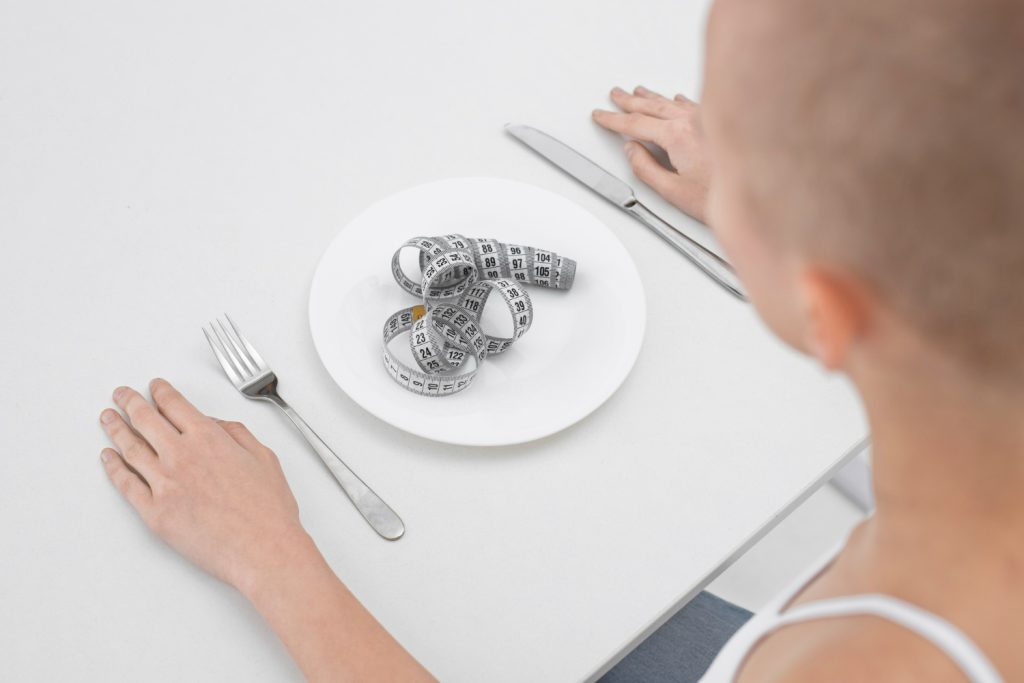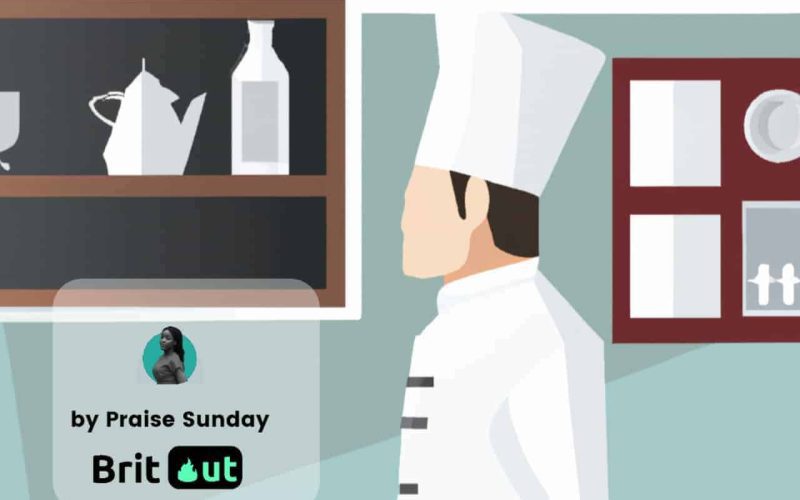For some people, eating with metal utensils can be quite difficult, whether it’s because of food allergies, tooth problems, or sensory challenges.
If you fall into this category, you are probably aware of how difficult it can be trying to enjoy a meal when you always have to battle with the utensils, since don’t fit your needs.
Well, thankfully, there are many alternatives to metal utensils that can make eating simpler and more fun, so don’t panic.
Possible reasons you can’t eat with metal utensils
Just like the way some people don’t enjoy the touch of velvet, or the sound of nails on a chalkboard, there are those who find using metal utensils uncomfortable or even distressing.

However, one of the primary reasons people might find it difficult to eat with metal utensils is a condition called metallophobia, or fear of metal.
This can be a standalone phobia, or part of a broader sensory processing disorder. Metallophobia can make the mere thought of a metal spoon or fork touching the mouth unpleasant.
While this phobia is relatively rare, it can be quite challenging for those who experience it, often leading them to opt for plastic or wooden alternatives.
Furthermore, certain individuals have sensitivities to the taste that metal utensils can impart.
The majority of our traditional cutlery is made from stainless steel, a blend of iron, chromium, nickel, and other metals.
Some people, particularly those with a heightened sense of taste known as “supertasters,” might pick up on a subtle metallic flavor that most of us don’t detect.
People with certain dental conditions or those who have undergone dental procedures, like getting braces or metal fillings, might also find it uncomfortable to eat with metal utensils.
The metal can interact with the dental work and cause a sort of ‘galvanic’ shock, a mild electric sensation that is far from pleasant.
While these reasons aren’t exhaustive, they give us an insight into why some people might struggle with something as commonplace as eating with a fork or spoon.
What to do If you Can’t Eat with Metal Utensils
Firstly, it’s not ‘bad’ to find eating with metal utensils difficult.
Just like preferences for certain foods or textures, our reactions to different materials, such as metal, can vary.
What’s ‘normal’ is subjective, and there’s nothing inherently wrong with finding metal utensils off-putting. It’s just one of the ways our individual sensory experiences differ from one another.
However, if you’re finding that your aversion to metal utensils is negatively impacting your quality of life – for instance, causing you stress during meals or making it difficult to eat outside your home – it might be time to explore possible solutions.
This is especially true if you have an identified phobia or sensory processing disorder, where professional help might be beneficial.
For those who are sensitive to the metallic taste of utensils, switching to cutlery made from different materials can help. Consider using bamboo, plastic, or even gold-plated utensils, which are all great alternatives that don’t impart a metallic taste.
If the issue lies with a physical reaction, such as a ‘galvanic’ shock from dental work, it’s worth discussing this with your dentist. They may be able to suggest solutions or adjustments to your dental work that could alleviate the problem.
Tips for finding the right utensils
Begin by identifying your primary concern.
Is it the metallic taste that bothers you, or is it more about the physical sensation of metal against your mouth?
For those who are sensitive to taste, consider using utensils made of materials that do not interact with food. For instance, wood, bamboo, and certain types of plastic are taste-neutral.
If the sensation of metal against your mouth or teeth is the issue, materials like silicone or plastic can be more comfortable. They have a softer feel compared to metal, and won’t cause the same discomfort or ‘galvanic’ shocks if you have any dental work.
For those who want a more sophisticated option, consider investing in gold-plated utensils.
Gold does not have the same metallic taste as stainless steel and it is also very gentle on the teeth. This option can be especially appealing if you’re looking for something that will blend seamlessly with more formal table settings.
When selecting new utensils, be sure to consider the weight and grip as well.
Comfortable utensils should have a nice balance in your hand and not be too heavy or difficult to grasp. Ergonomically designed handles can make a huge difference if you use cutlery often.
Conclusion
It need not be difficult to eat with metal utensils. You can locate utensils that are more comfortable and simple to use by experimenting with alternatives to traditional materials like wood, silicone, bamboo, and plastic. Try new things and don’t be scared to experiment; using the appropriate utensils can greatly improve your dining experience.






